Looking for reparative futures

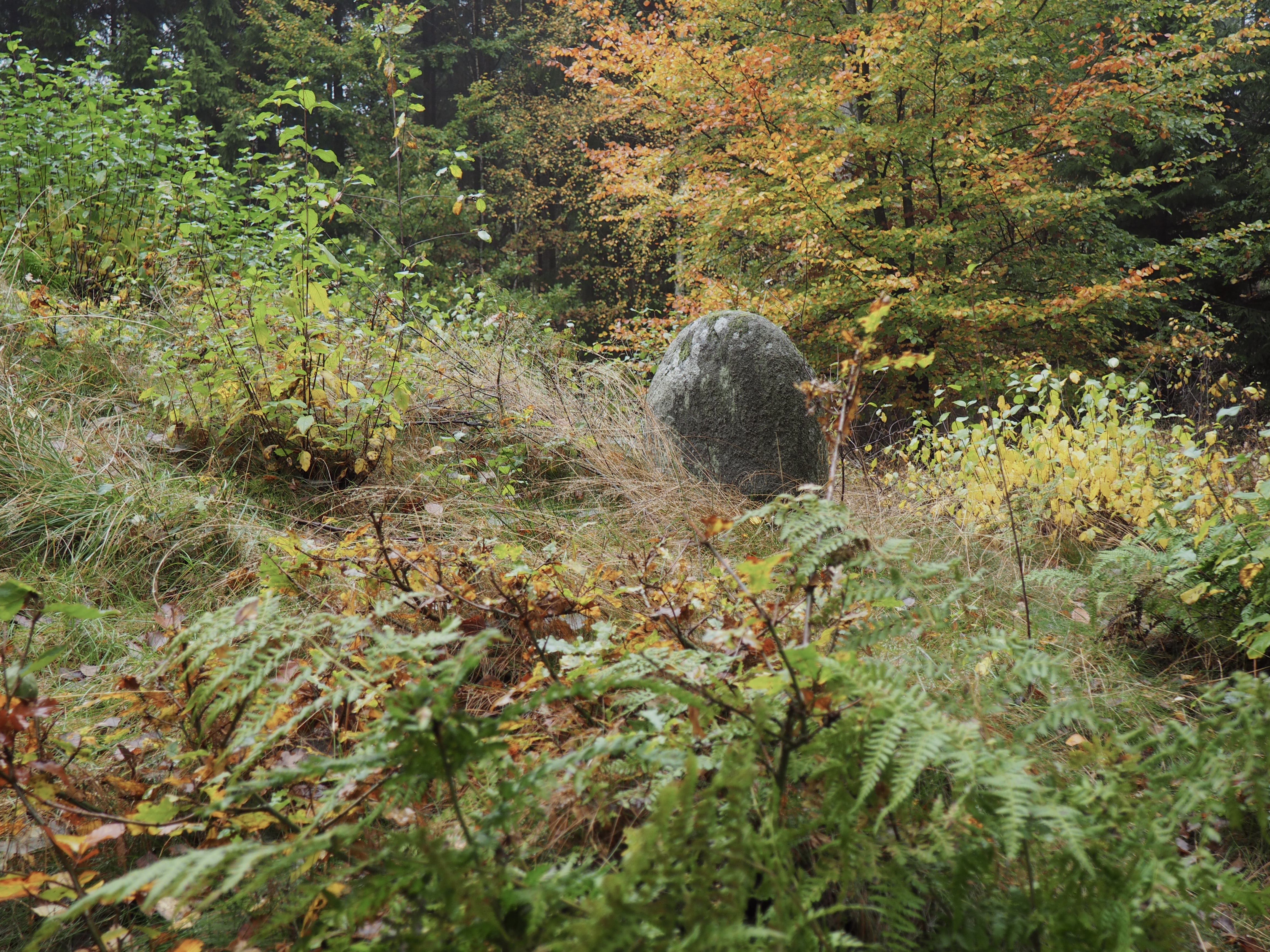
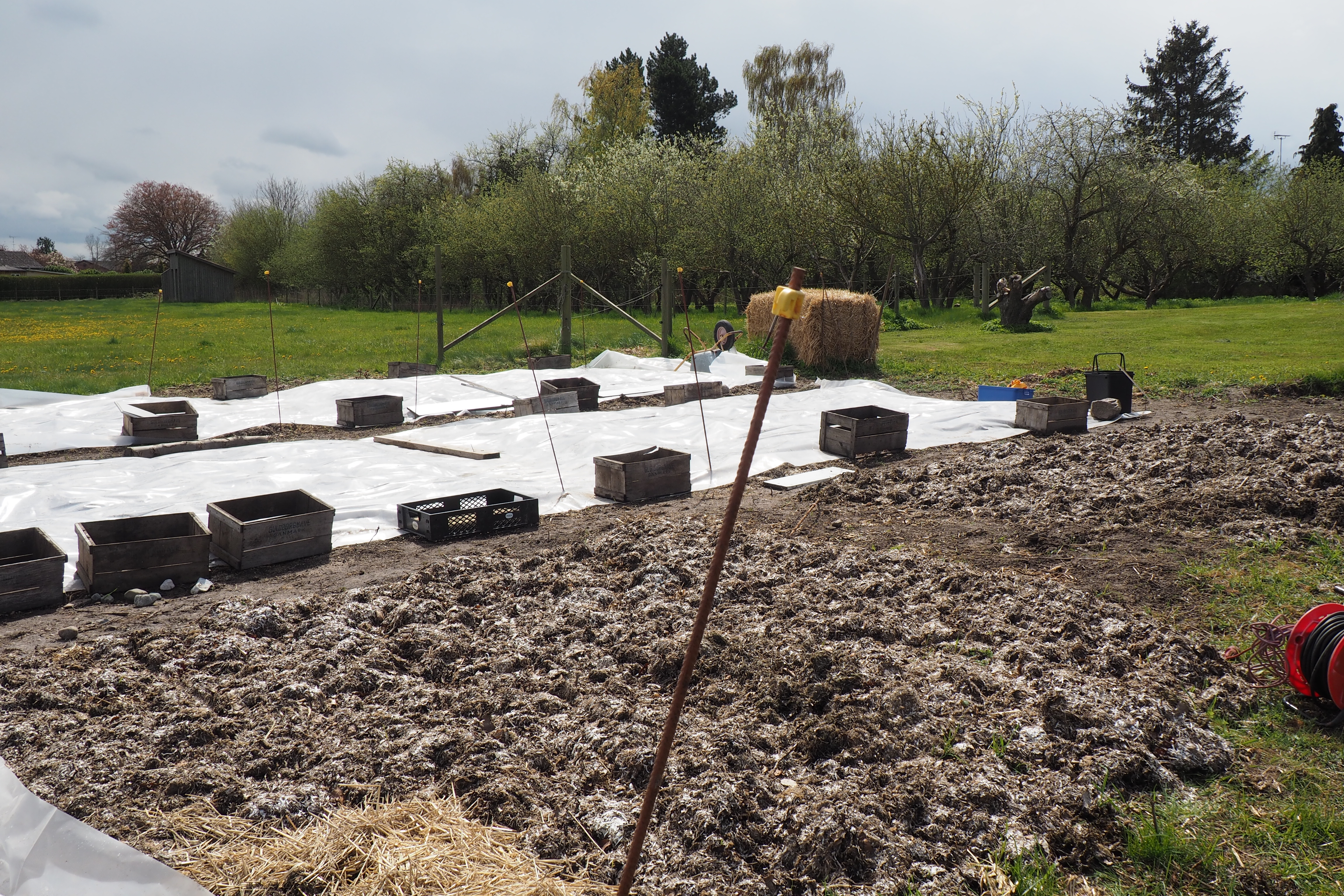

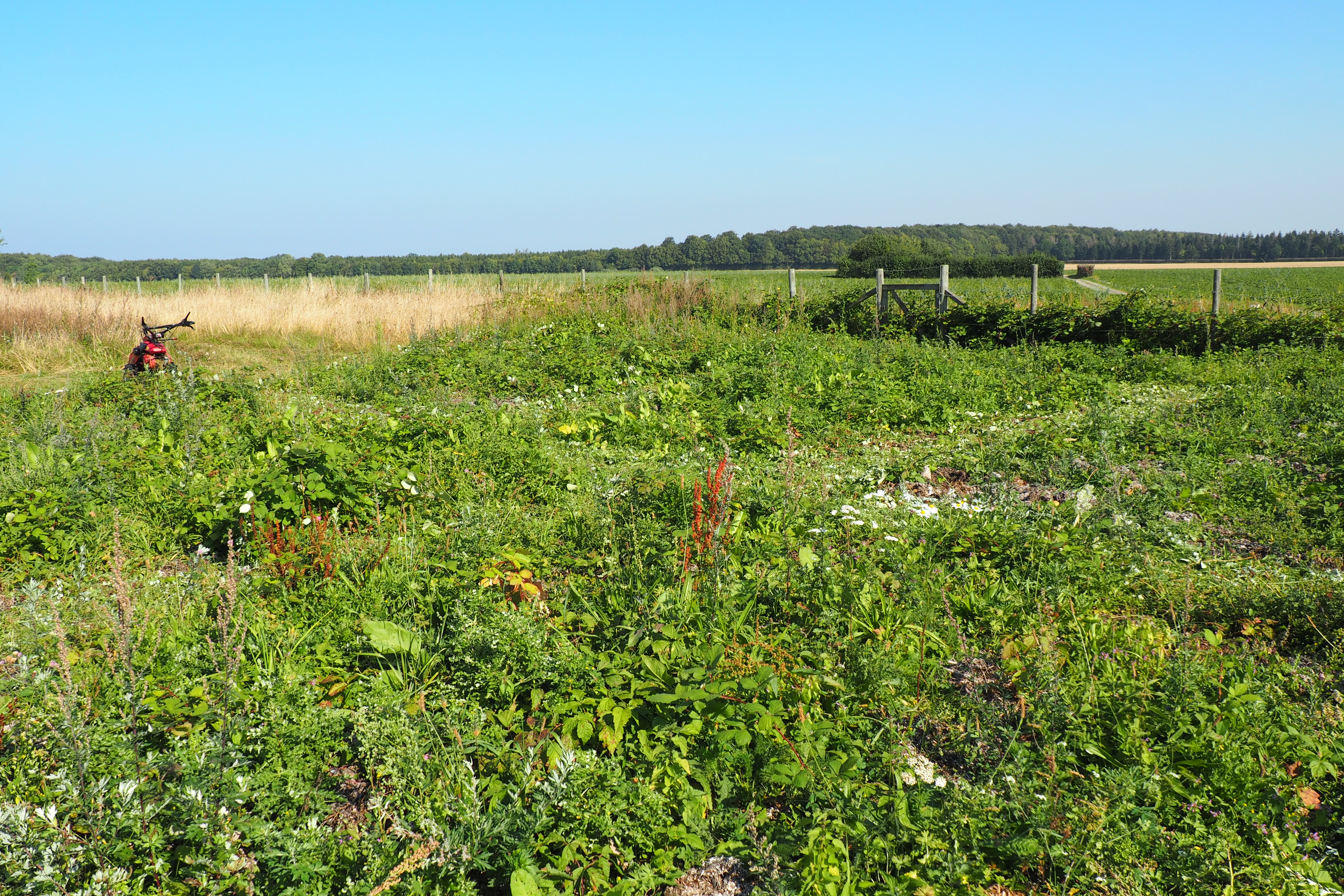





How are humans interacting with the natural and social environments they inhabit, and what kinds of landscapes emerge from these particular relations? These questions have occasioned my work for the last 12 years. I am significantly interested in heritage landscapes and environmental futures, and the cultural significance of working with environmental transformation within the fields of landscape architecture and planning. In the midst of an ecological crisis and on the edge of the future, I am interested in looking for reparative ecosocial landscaping practices – past, present, and future.
I hold a ph.d in geography and planning, and have for the last 10 years been deeply engaged in ecological thinking, environmental history and storytelling. I have queried into spatial ecological interactions and entanglements, entrapments and broken links, first as a Ph.D-student, then as a postdoctoral researcher and independent researcher and curator, and by working with a hennery, natural beer brewery, biodynamic cereal fields, seaweed cultures, shepherds herding sheep and goats, and a permacultural and regenerative garden. In 2025, I will continue this work by engaging with the landscapes around Esrum Monastary (DK, Nordsjælland) and Fuglsang Art Museum (DK, Lolland).
Jordbo
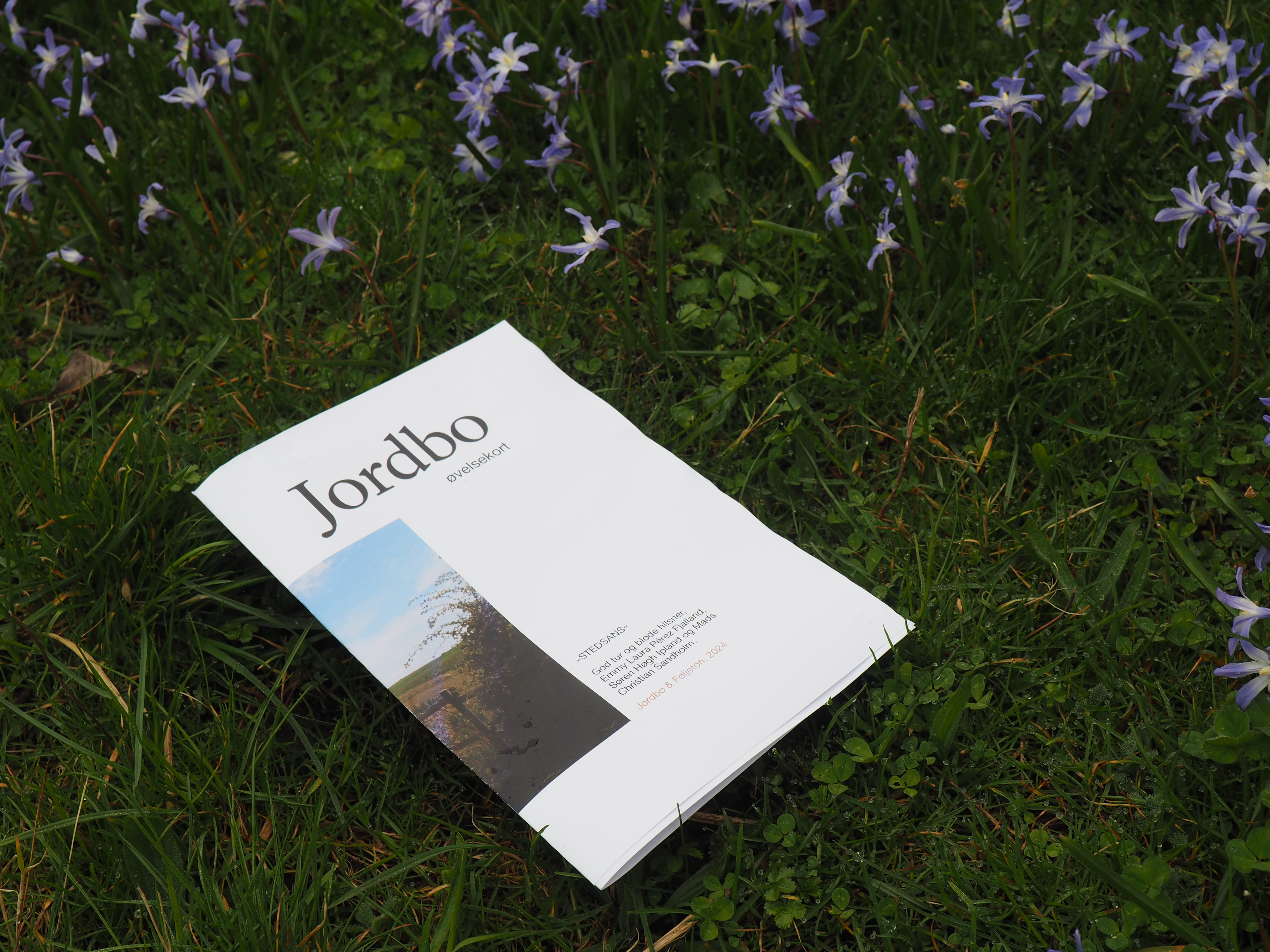
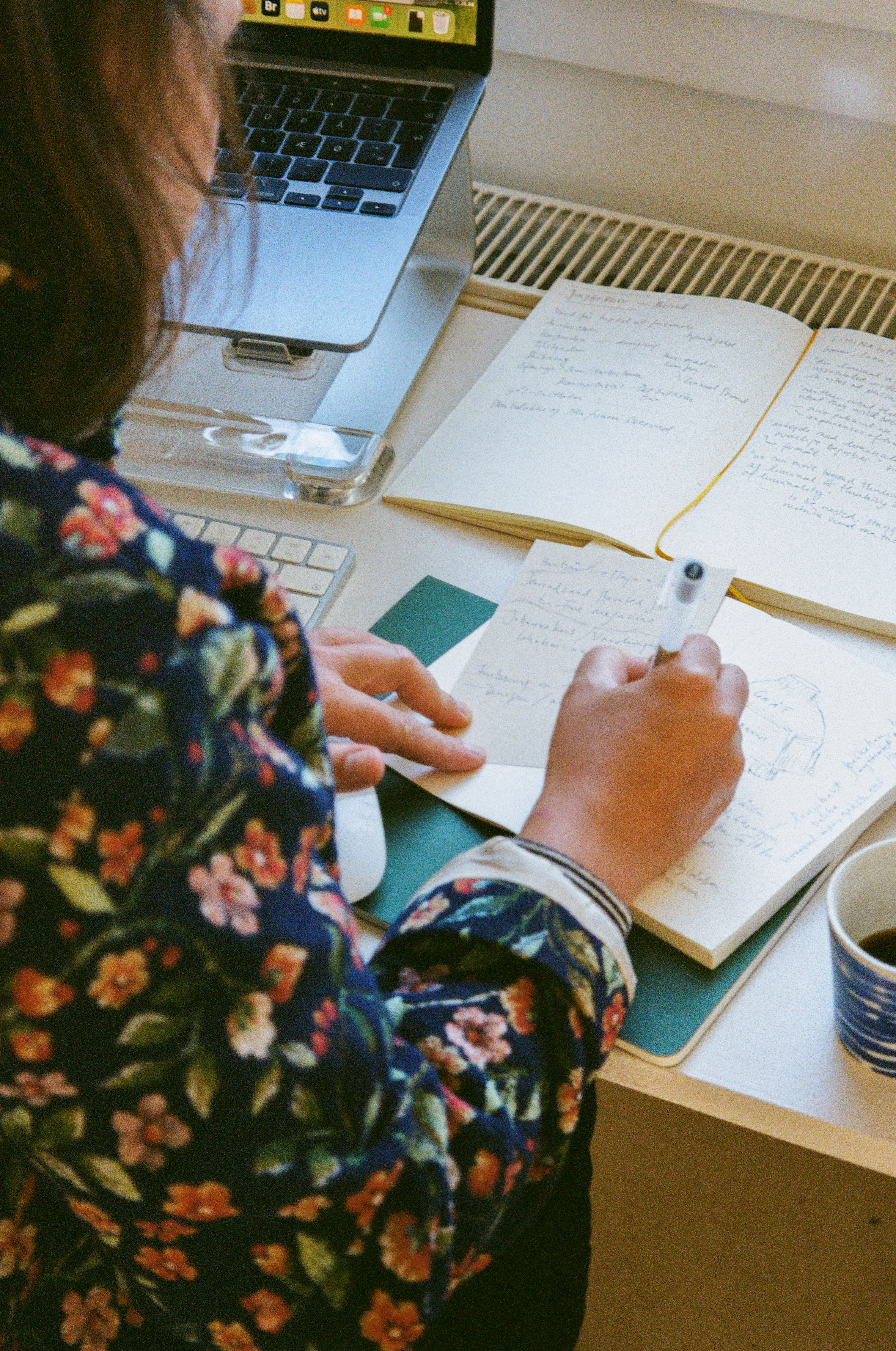
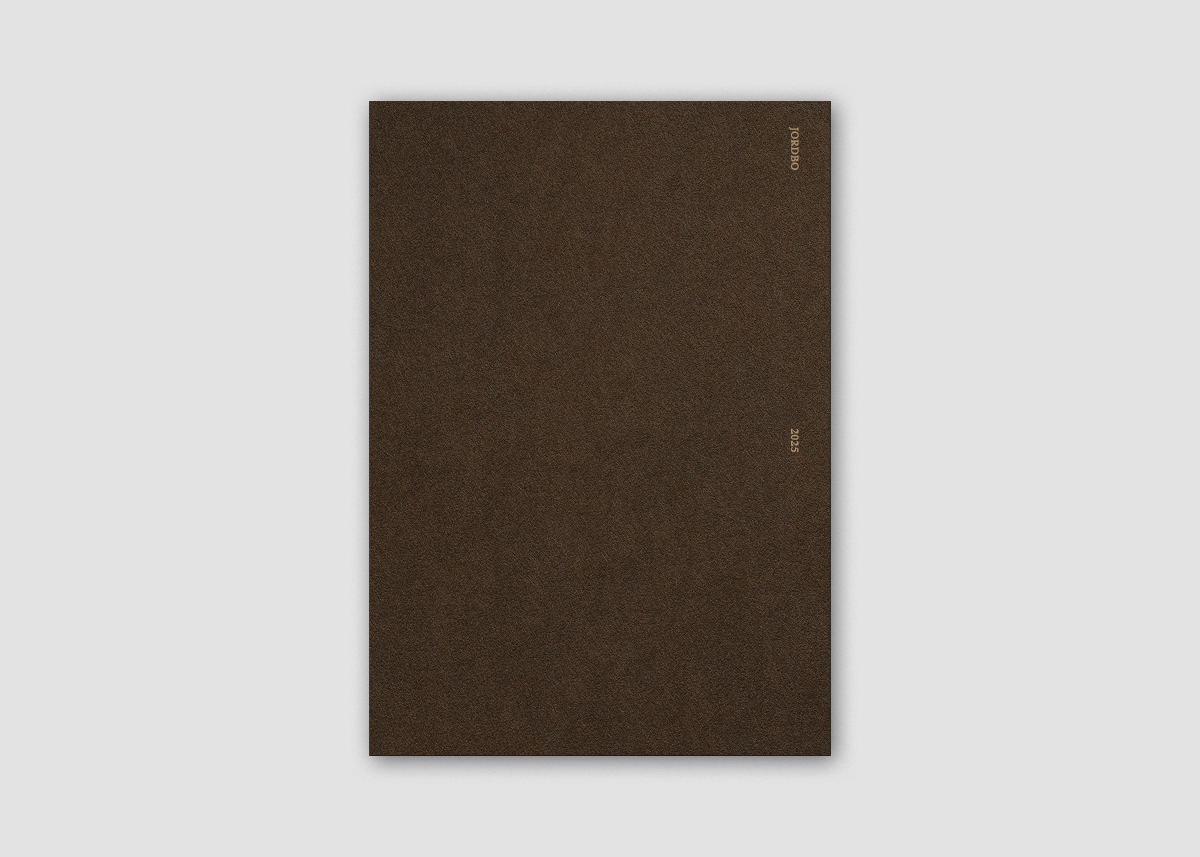
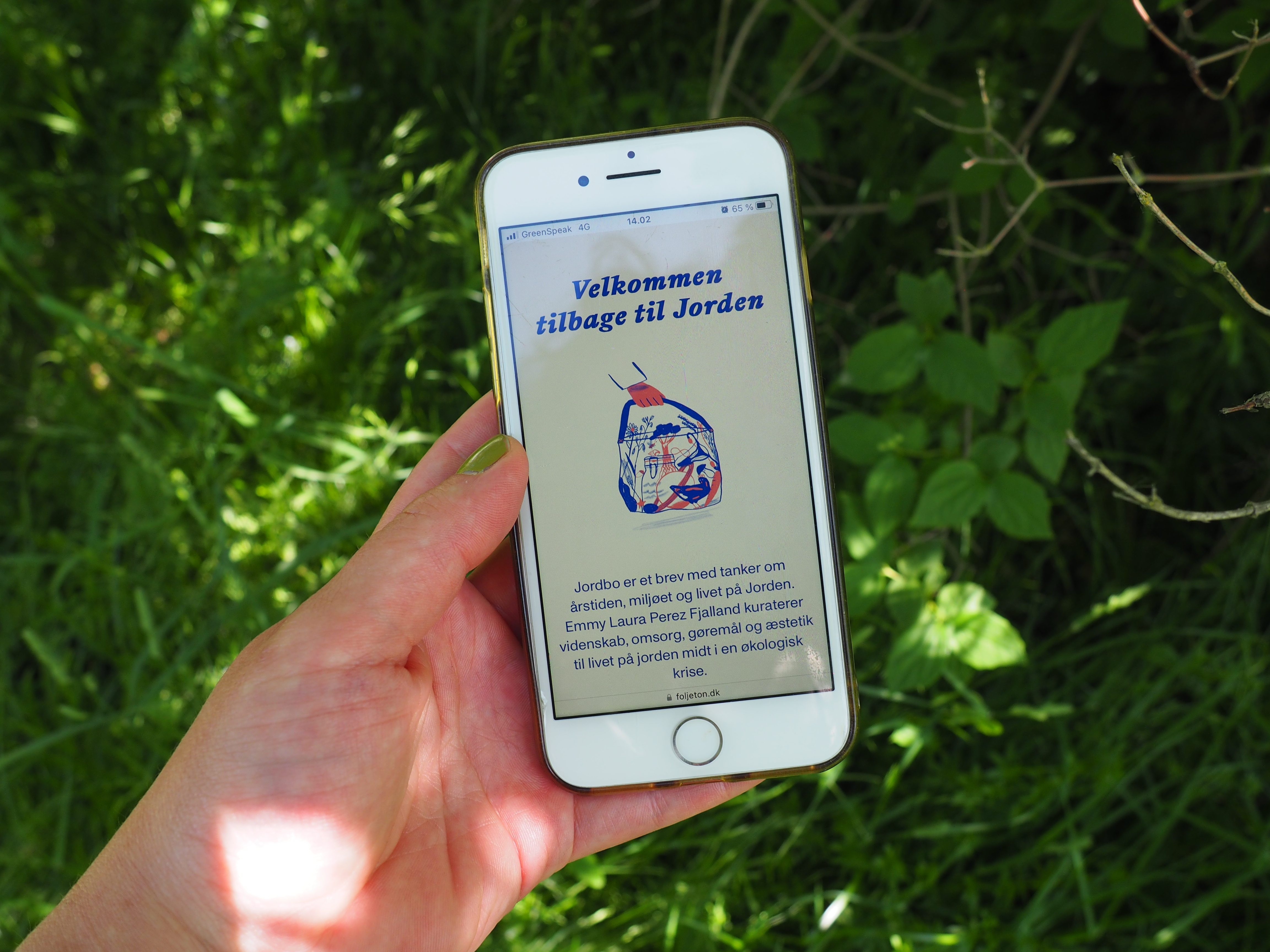

Jordbo er et ugebrev og en platform som jeg sammen med Søren Høgh Ipland fra medieplatformen Føljeton skabte i slutningen af 2019 og sendte første brev 2. februar 2020. Jordbo er rundet af en dyb interesse for samspillet mellem mennesker og natur, og har vokset sig til et decentralt arkiv over en verden i radikal forandring. Der sendes brevetyper: Et månedligt brev om en art eller miljø og deres forskellige kultur-relationer. Hver anden fredag sendes brevet Forvildet Læsning, som er en bærepose med historier om miljø, landskaber og beboelsesfilosofi. Hver onsdag aften sendes brevet Et Øjeblik og er en kort årstidsmeditation.
Vi udgav desuden bogen Jordbo: En ledsager i uregerlige tider (2021) og har udgivet en kalender-dagbog-almanak i 2021, 2022, 2023, 2024, 2025 – de er som arkiver med meditationer og særlige mærkedage og mindedage (fx meteoregne og havgræsser, moser og enge). De første to blev lavet i samarbejde med bogbinder Louise Midjord og grafiker Benjamin Graahede. Med 2023, 2024 og 2025 versionerne udviklede indholdet sig og er blevet formgivet af Mads Christian Sansholm.
Skriv dig op til at modtage ugebrevet Jordbo her.
Fletforsøg
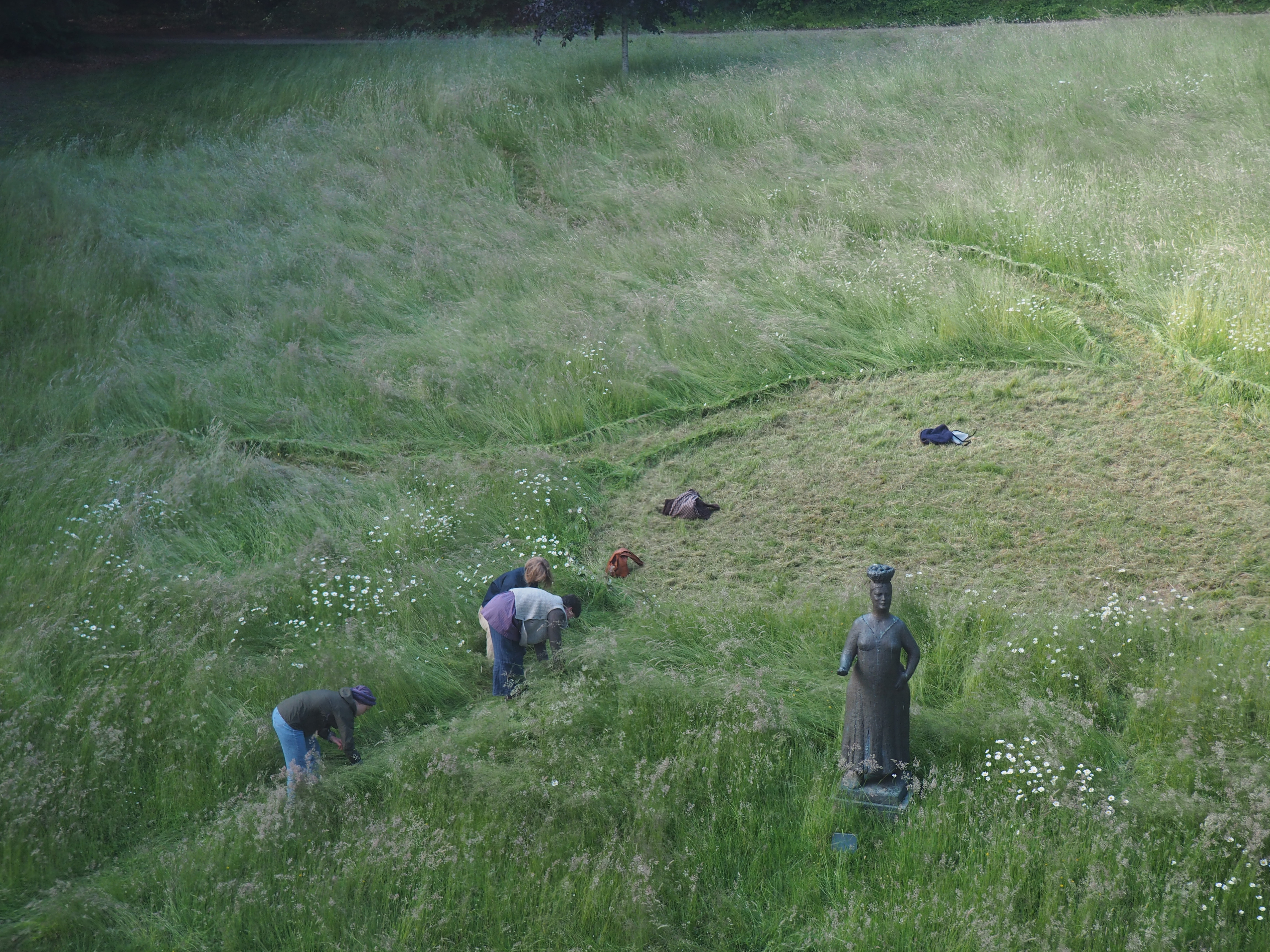
Herding Heathlands
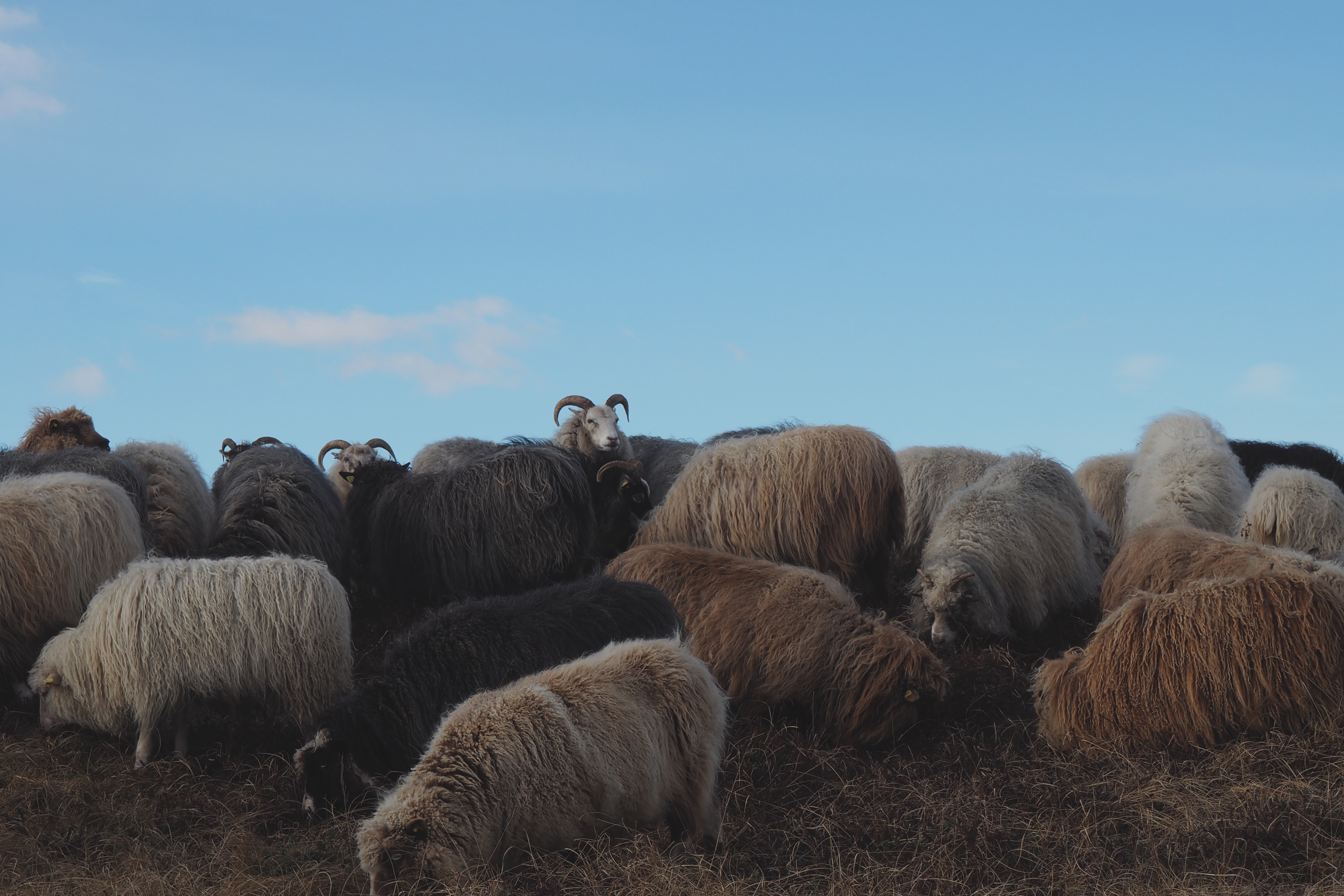
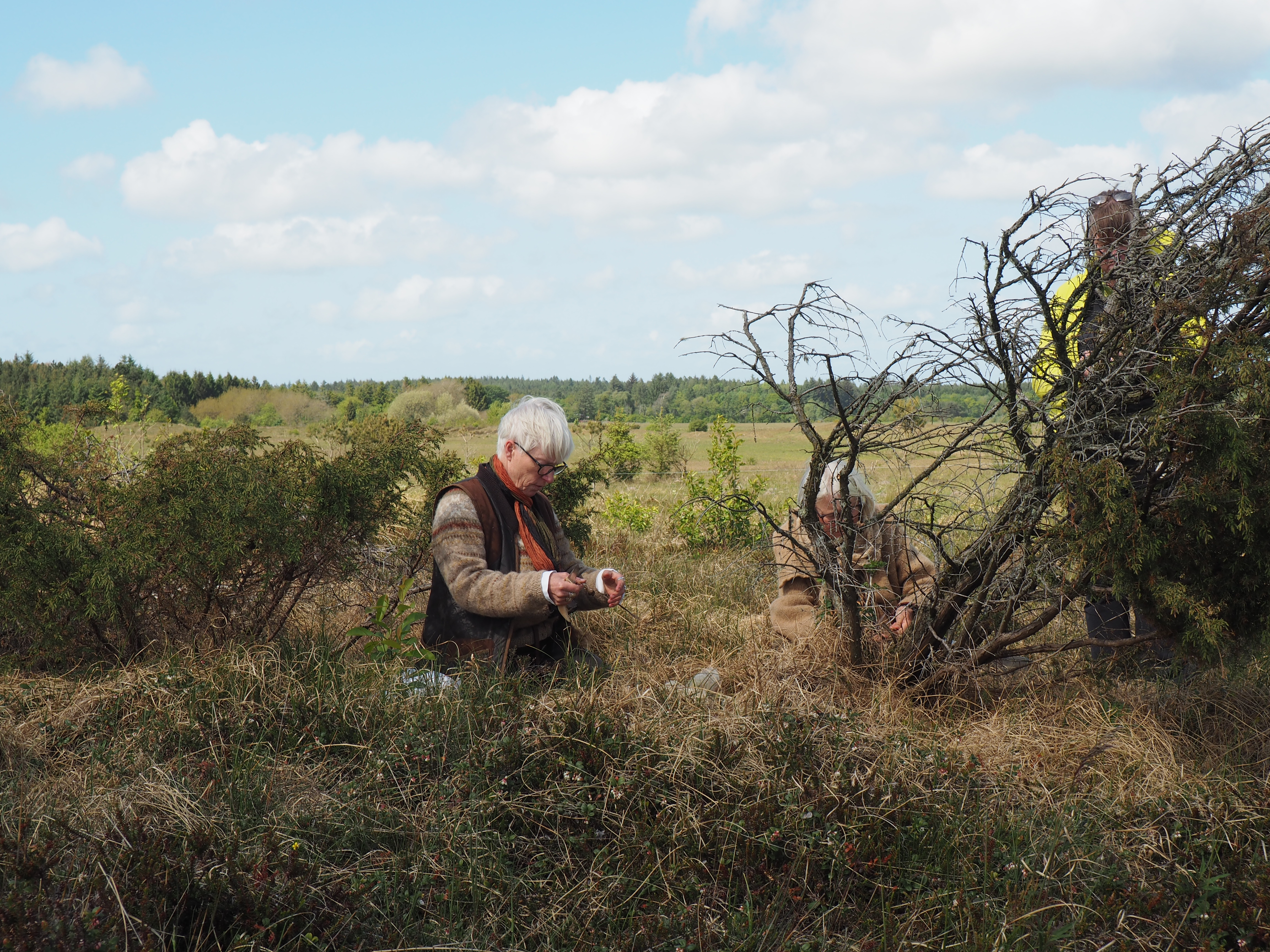
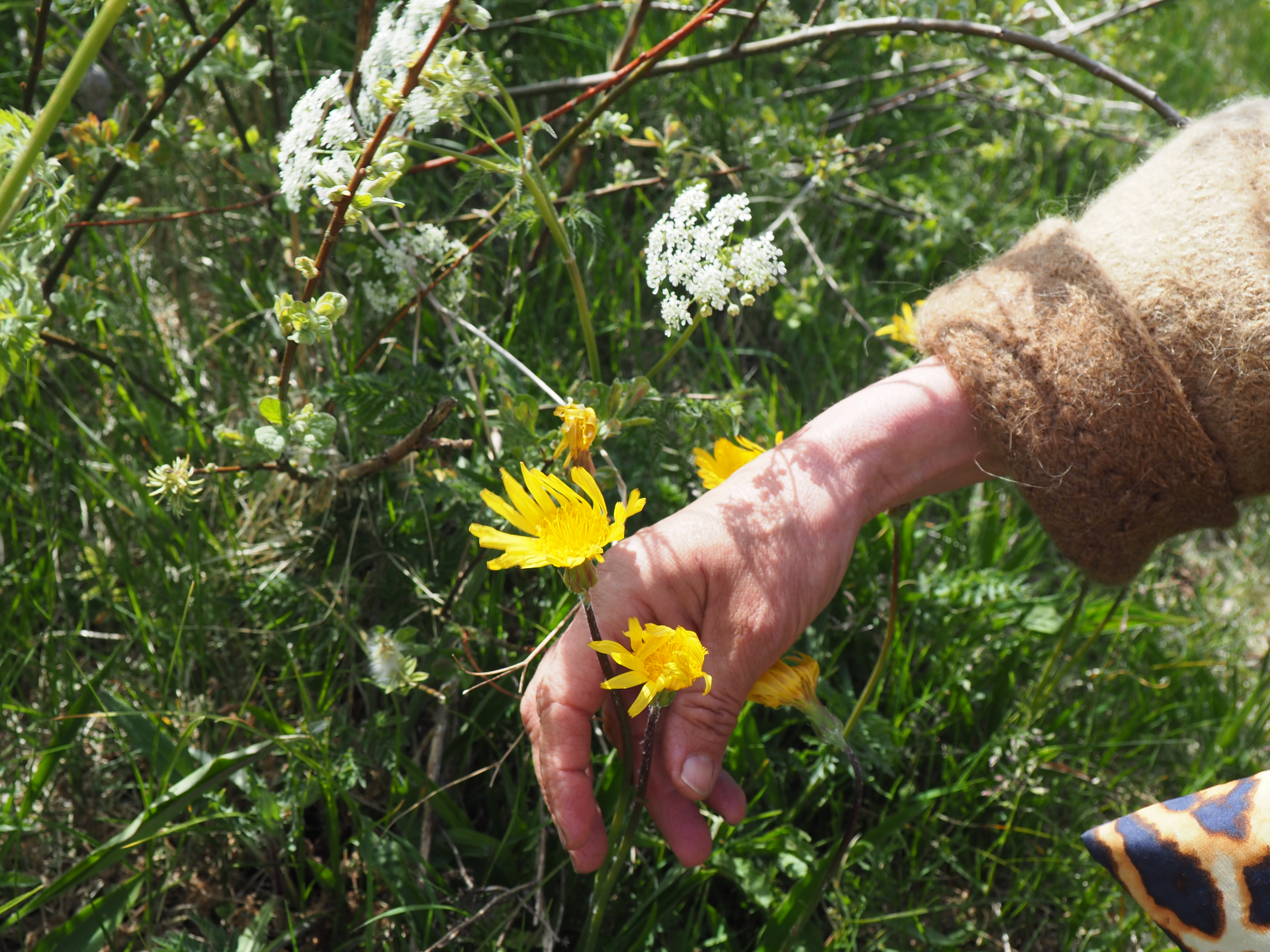
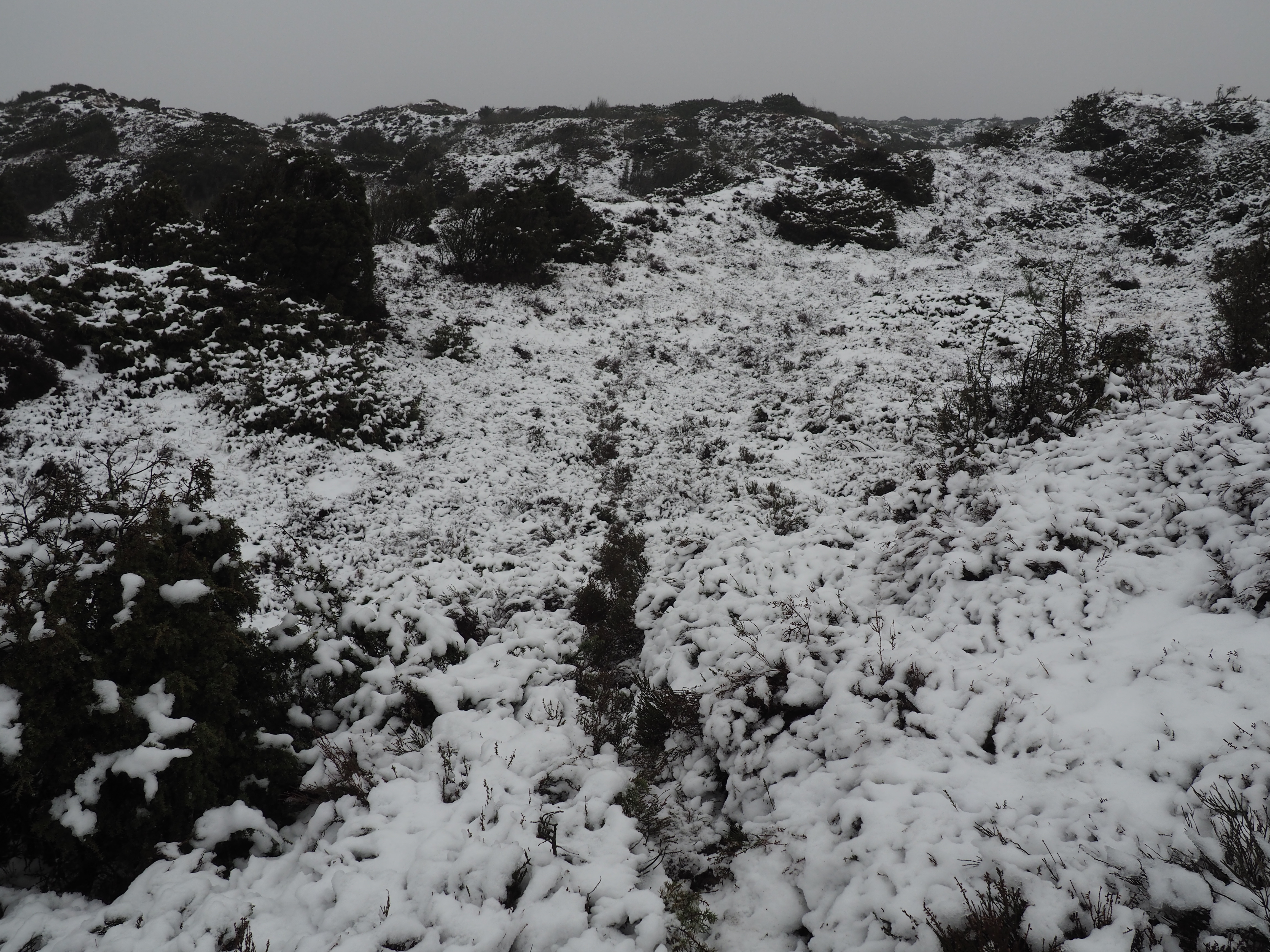

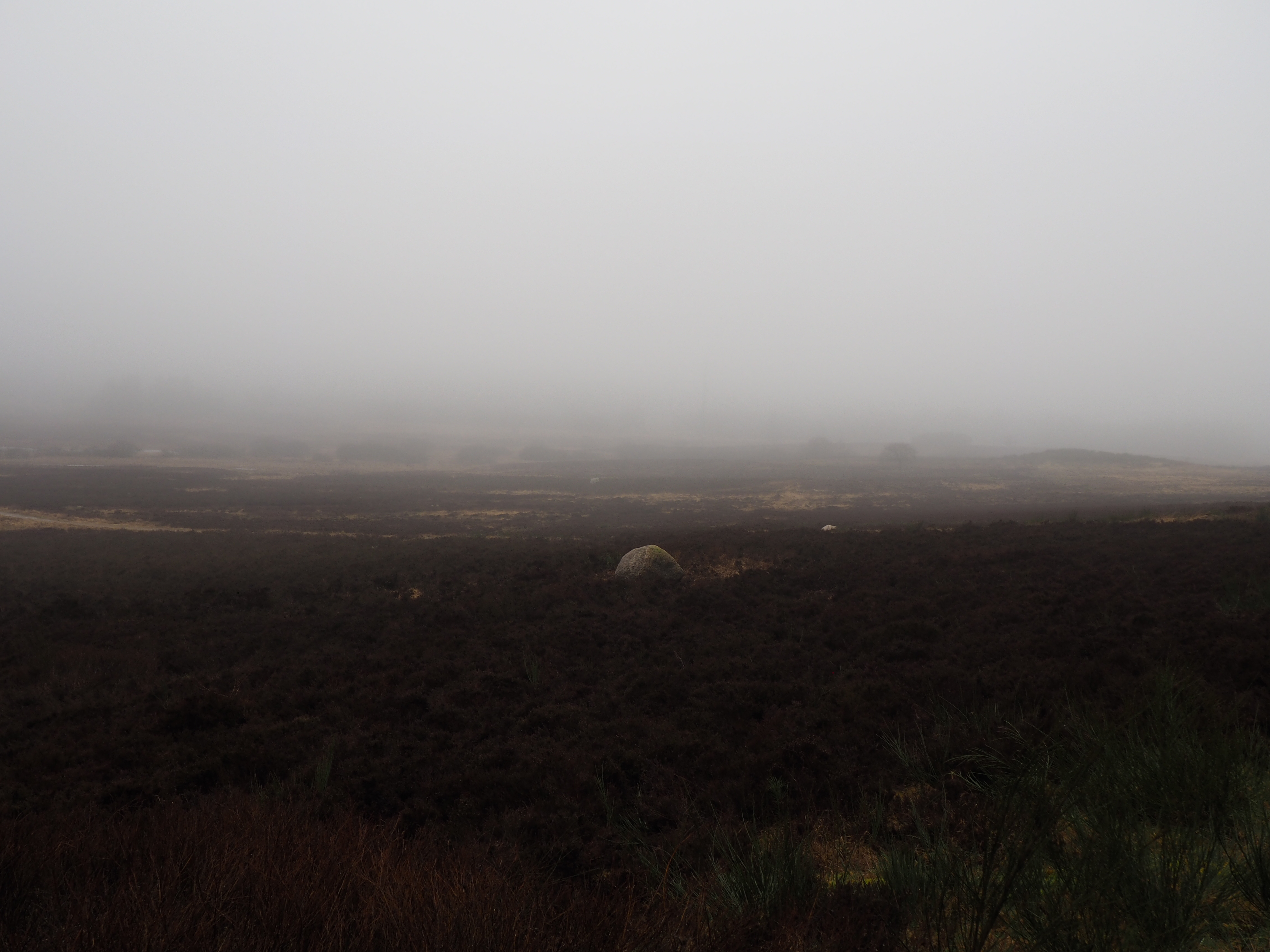
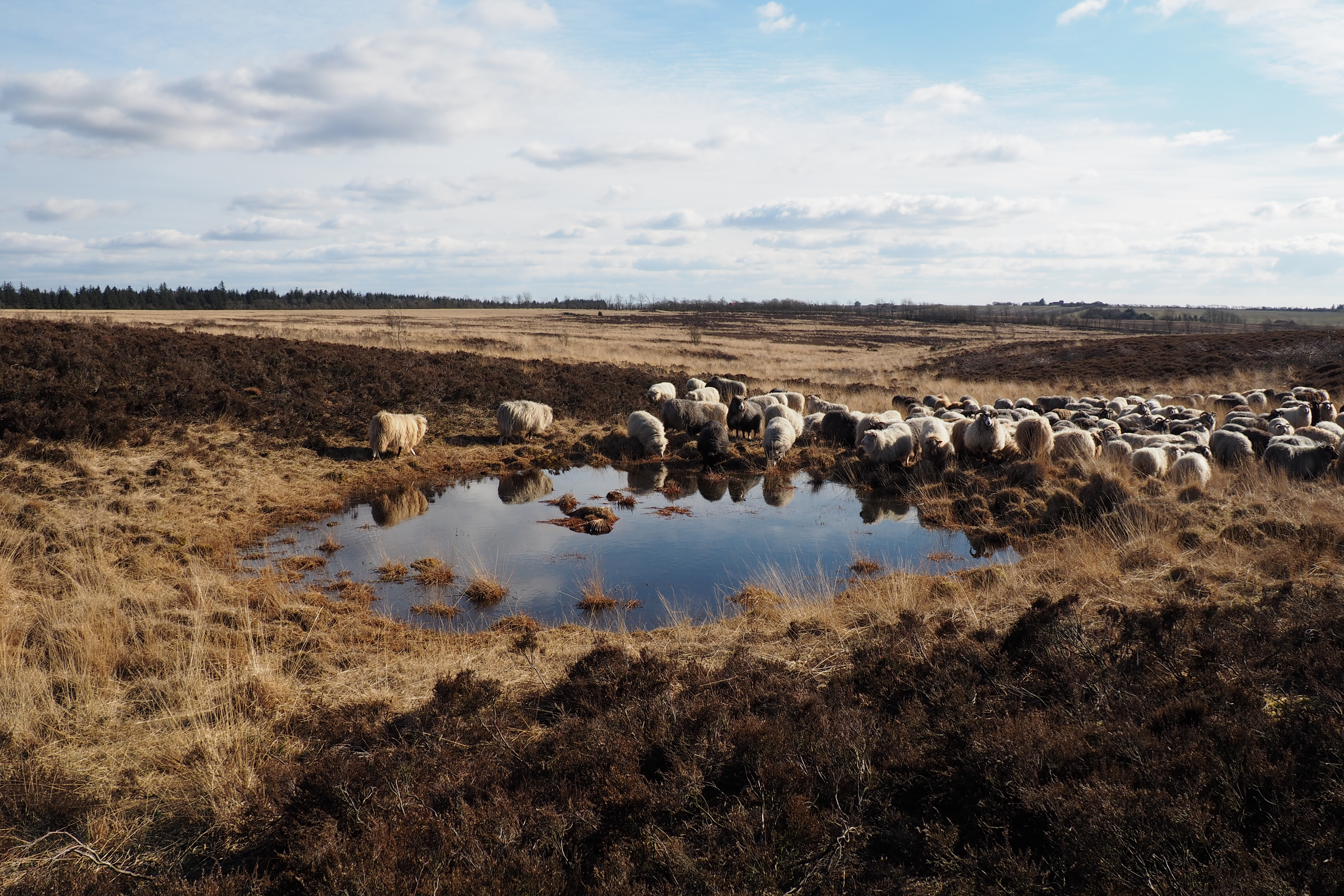
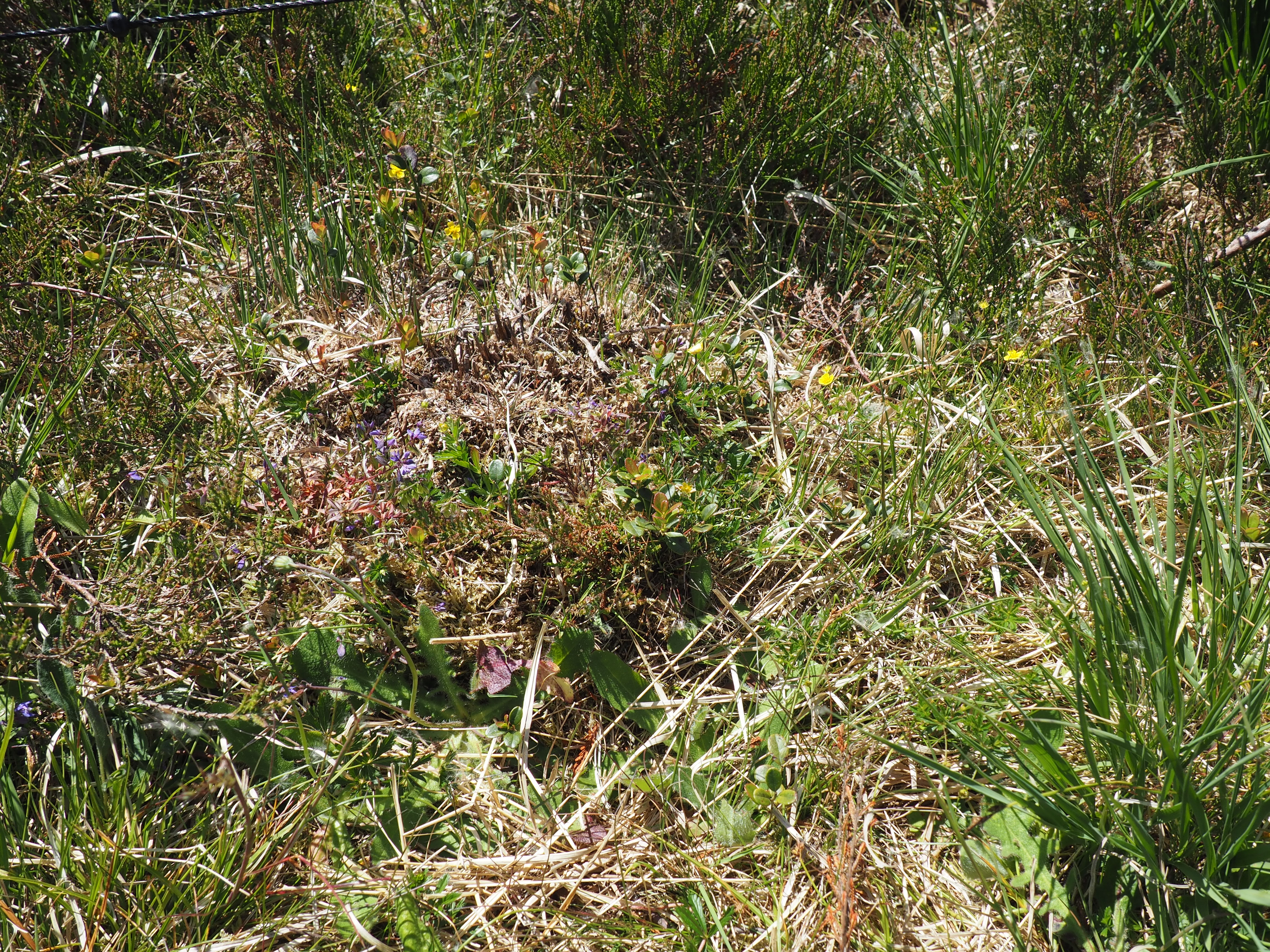
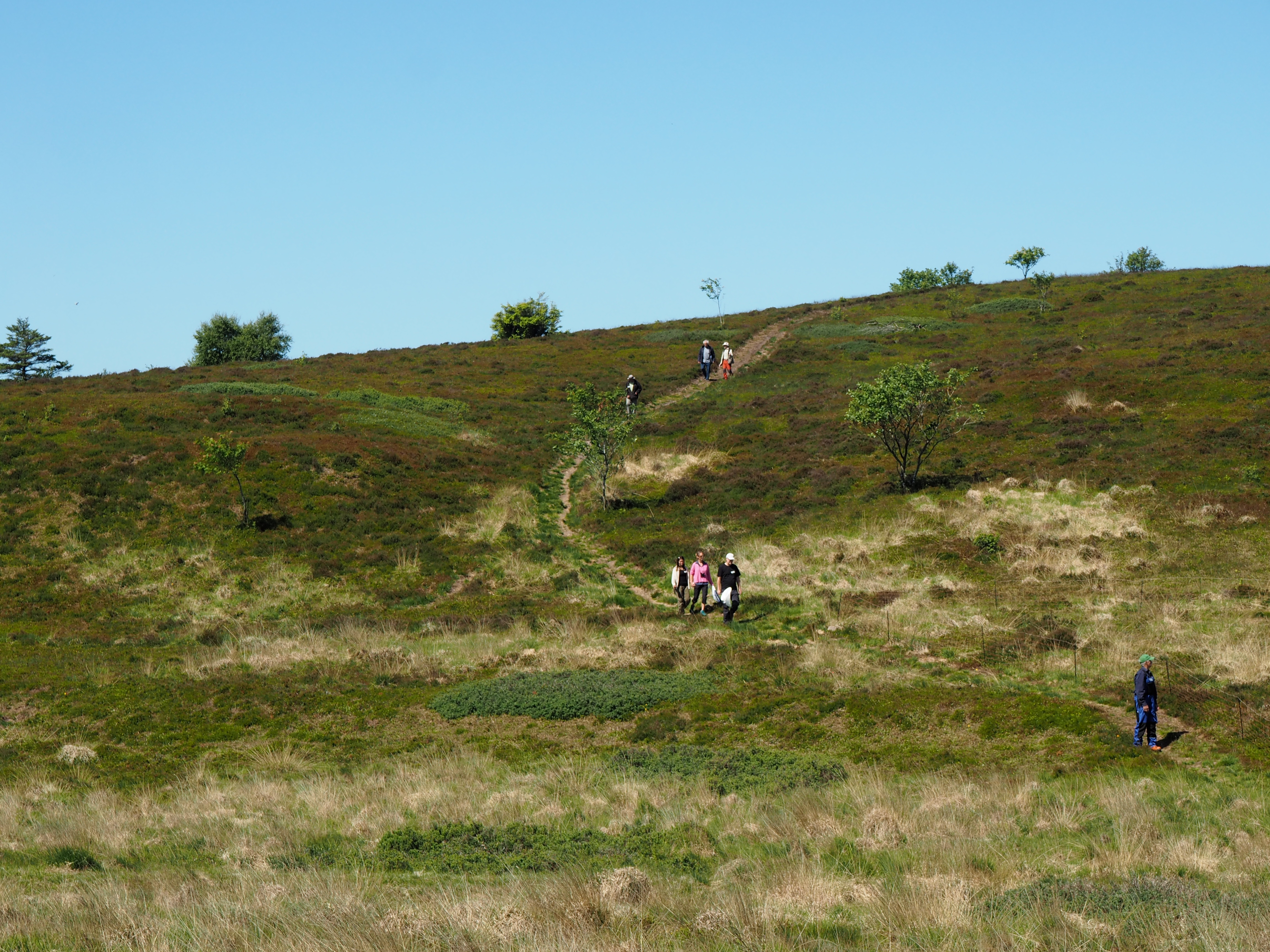
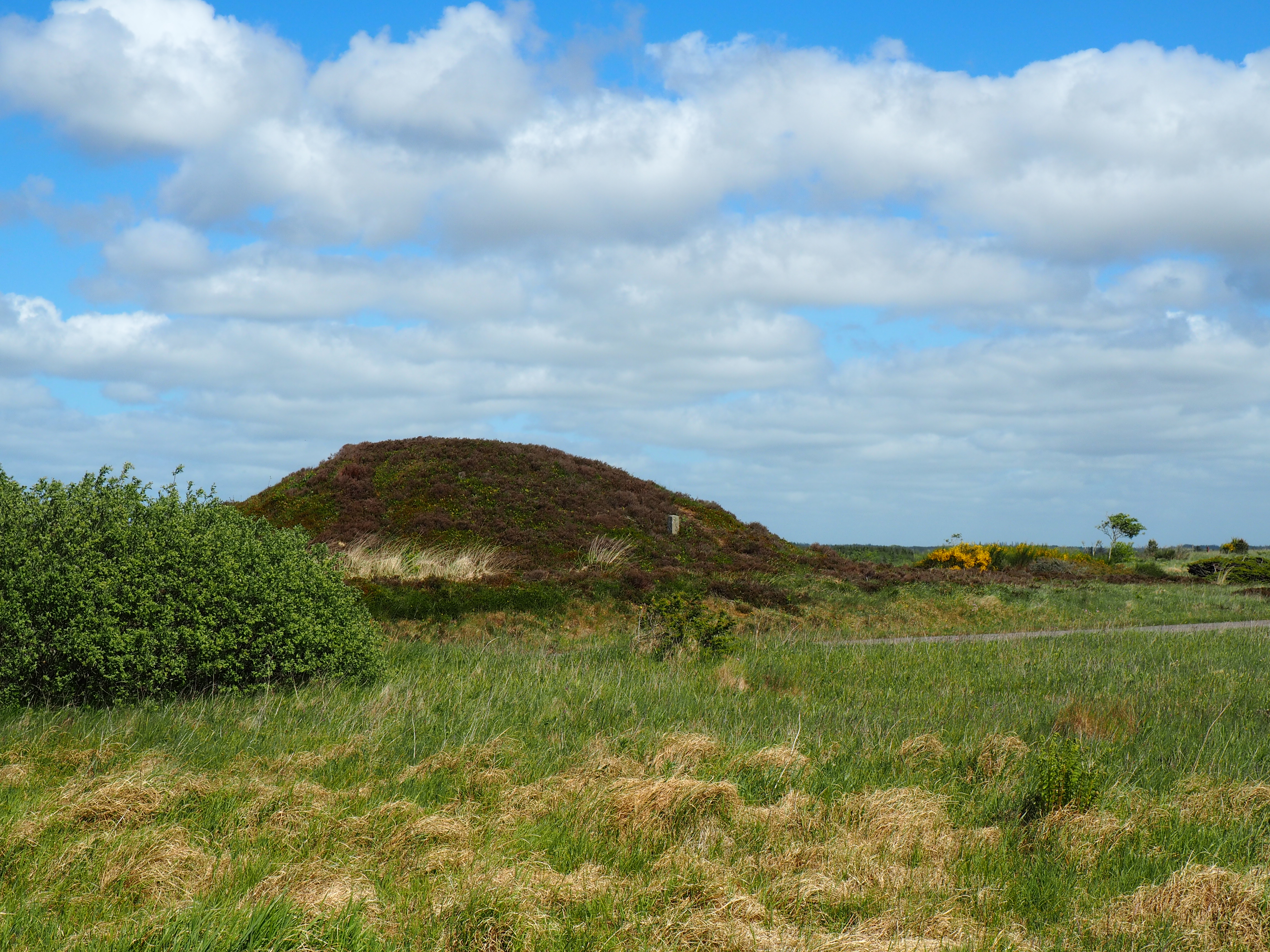
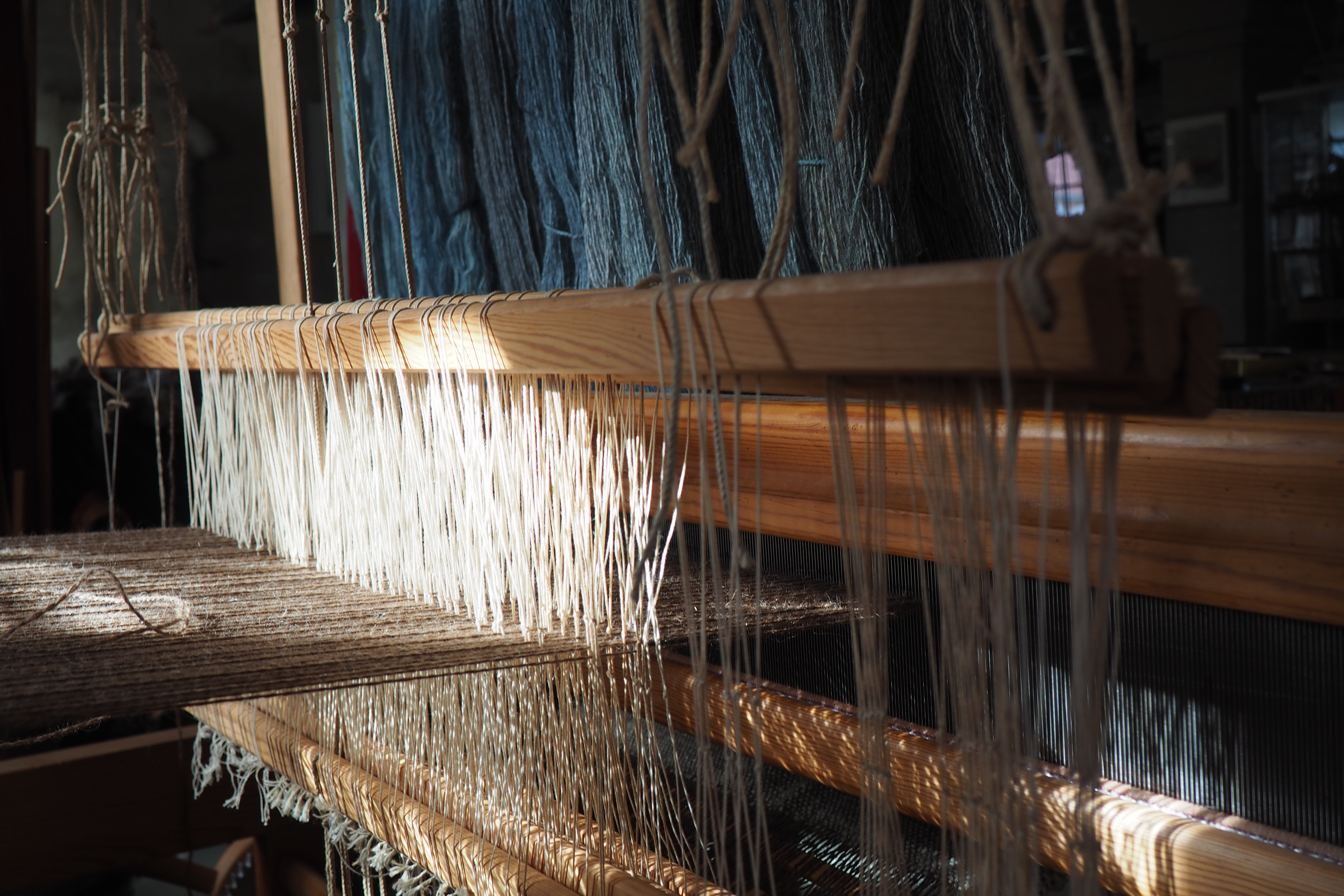
Books - and a calendar

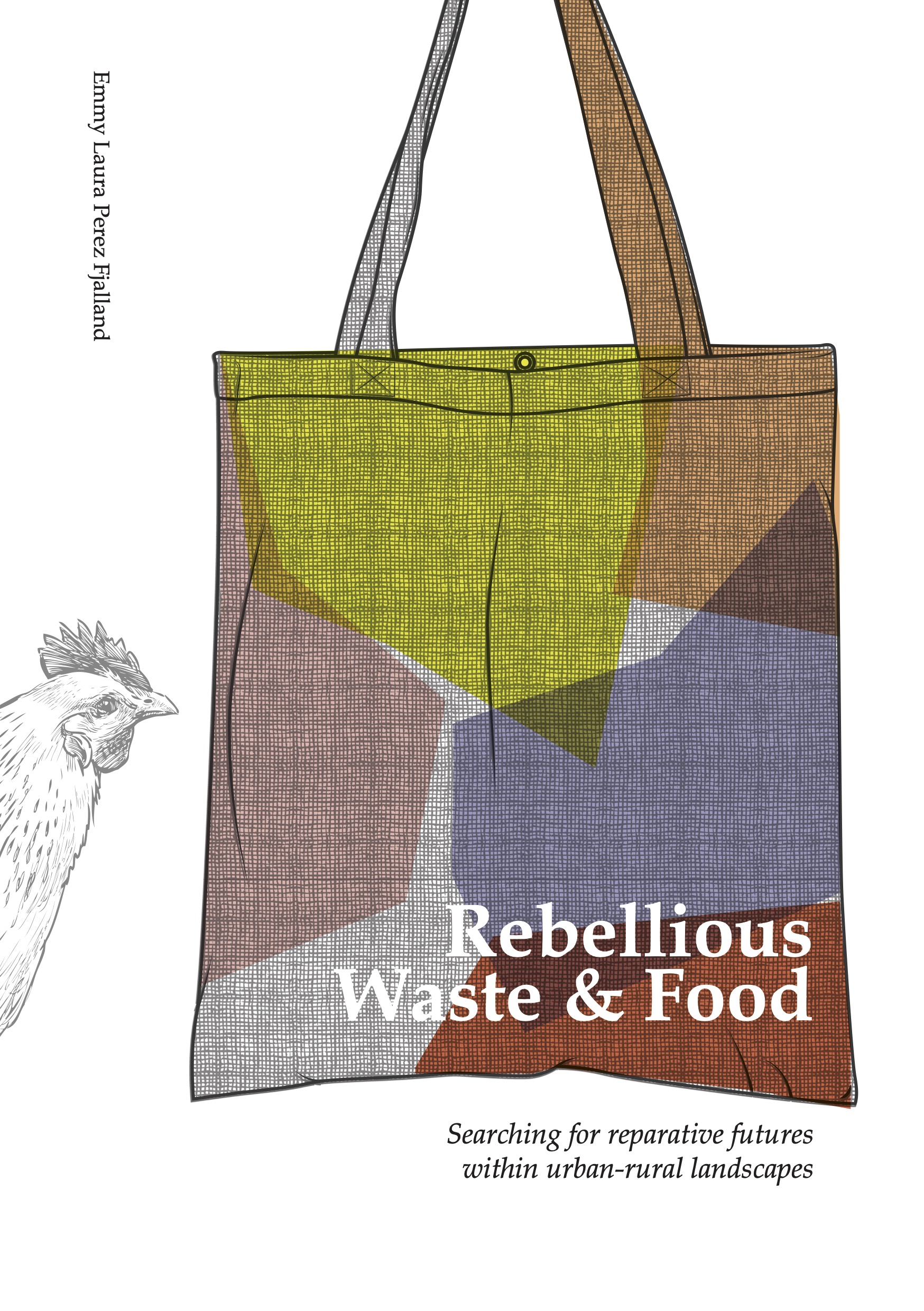




(c) Emmy Laura Pérez Fjalland, 2025